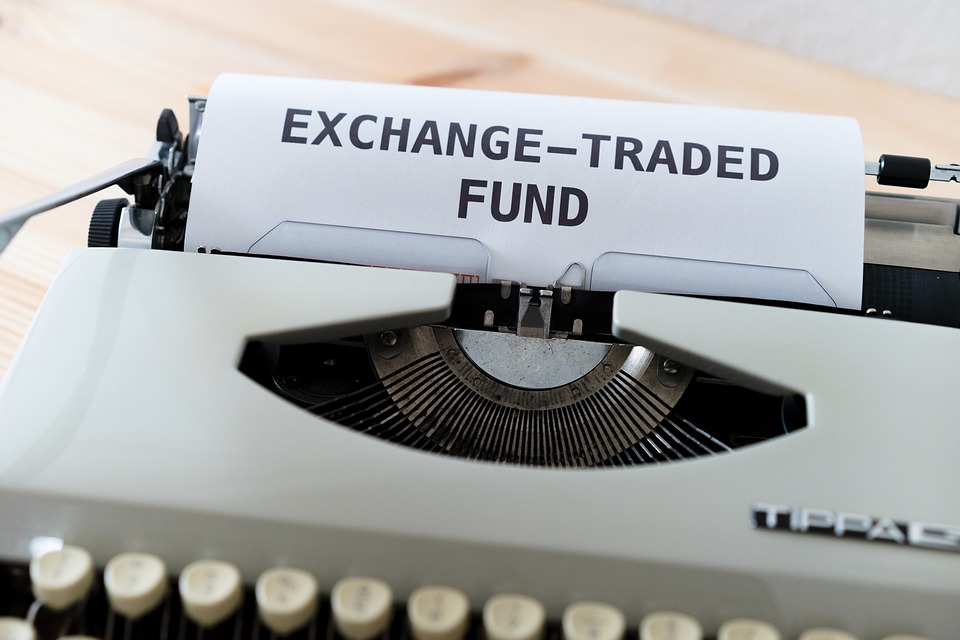EIS ETF: Should You Buy During The Escalating Israel Conflict?

Image Source: Pixabay
As the Israel-Hamas conflict intensifies, the prospect of prolonged unrest in the Middle East seems increasingly likely.
The Israel Defense Forces (IDF) have already begun adjusting their strategies, including redeploying troops and regrouping reservists, in preparation for extended conflict.
In this uncertain environment, many investors are hesitant to put their money into Israeli companies, whether due to ethical concerns or the perceived risks of investing in a politically unstable region.
However, for those looking to maintain exposure to the Israeli market, the iShares MSCI Israel ETF (EIS) offers a more resilient alternative.
Resilience of EIS ETF amid conflict
The EIS ETF initially took a significant hit when the conflict erupted on October 7, 2023, dropping 8% in response to the attacks.
Despite this initial setback, the ETF quickly demonstrated remarkable resilience, ultimately outperforming the S&P 500 during this turbulent period.
While the S&P 500 has gained 32%, the EIS ETF has surged by 40%, largely driven by its strong focus on the IT sector.
The ETF’s portfolio, heavily weighted in IT, financial, and healthcare stocks, has allowed it to weather the storm better than many expected.
Although the tech sector’s outperformance may be behind us, it serves as a strong indicator of how the ETF might react if the conflict intensifies further.
A 10% pullback in the ETF could present a strategic buying opportunity for vigilant investors.
EIS ETF: What are the risks
While the EIS ETF offers potential upside, it is not without risks.
The financial and real estate sectors, which together make up 31.5% of the ETF’s holdings, are closely tied to the local economy.
However, despite this reliance on the domestic market, the ETF has continued to perform well, suggesting a level of resilience even in the face of ongoing conflict.
As the situation in Israel stabilizes—despite the continuation of the conflict—economic activity is likely to normalize.
Investors may start to view sectors like financials and real estate more favorably, knowing that the worst has already been factored into prices.
This normalization is reflected in Israel’s economic data.
The country’s quarter-over-quarter GDP growth of 1.2%, compared to 1.4% for the same period last year, shows that economic activity is beginning to return to pre-conflict levels, even as the state of war persists.
Why EIS ETF stands out
Among its peers, the EIS ETF is the largest and boasts superior returns.
Over the past year, it has delivered returns of over 13%, significantly outperforming the VanEck Israel ETF (ISRA), which ranks as the second-best performer.
Other Israel-focused ETFs have remained relatively flat during this time, making EIS a compelling choice for those looking to capitalize on the current situation.
Given the ongoing tensions in the Middle East, the EIS ETF presents a strategic opportunity for investors.
As the conflict continues, monitoring the ETF for a potential pullback could offer a valuable entry point for those seeking exposure to Israel’s resilient market.
More By This Author:
Charles Schwab Stock Price Is At Risk As Death Cross Nears
Price Of Raw Sugar Falls To Lowest Level In Two Years
US Job Growth Cut By 30% In Revised Data - IT, Retail, And Manufacturing Sectors Hit Hardest
Disclosure: Invezz is a place where people can find reliable, unbiased information about finance, trading, and investing – but we do not offer financial advice and users should always ...
more


